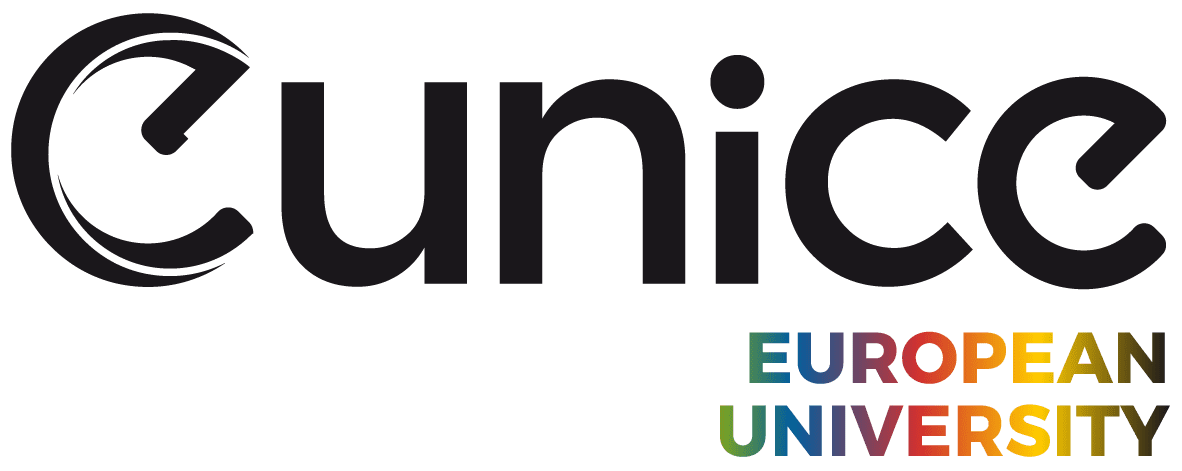TOMI World, an interactive outdoor equipment company for urban settings, is part of EUNICE’s internship portal and is therefore eligible to receive international interns
TOMI World has recently become one of the companies willing to receive students from EUNICE universities (check the list here) for internship programmes at TOMI Portugal, in Viseu. Being a world pioneer company working on interactive outdoor equipment in urban settings, its Technology Director José Cardoso stated that the diversity and culture they can bring to the project is fundamental. “The more diversity we have in our range, the better solutions we’ll be able to create,” he concluded.
The company and its commitment to inclusiveness
 TOMI World offers public information for tourists and inhabitants of the cities, aiming to bring cities closer to the people who live, work or visit them. It is a user-friendly innovation that promotes activities and points of interest such as tourism, culture, local commerce, public services, among others.
TOMI World offers public information for tourists and inhabitants of the cities, aiming to bring cities closer to the people who live, work or visit them. It is a user-friendly innovation that promotes activities and points of interest such as tourism, culture, local commerce, public services, among others.
In 2018, due to needs signalled by customers with physical limitations, the company created the TOMI For All project, with the purpose of enabling and improving the interaction experience for all users. The project is currently working to adapt TOMI to users in wheelchair, to children or those of short stature, to blind people or those having low vision, as well as to users who are deaf or cognitively impaired.
Given the path of European universities towards a more accessible world, TOMI World’s Technology Director José Cardoso said that it is essential that “EUNICE does not forget the issue of accessibility and addresses it,” so that it can be remembered and worked on.
Regarding the technical difficulties, José Cardoso explained that the biggest challenge centres around visual difficulties. For that, they had to develop a new operating system. Currently, blind or low vision users can interact autonomously with TOMI through a navigation mode adapted to touch and sound. “In the first viable version of the system created by the team, Eduardo (a former trainee with blindness) was able to interact and do all the tasks. This was the most difficult challenge to accomplish, but the most exciting,” José Cardoso recalls.
Adapting to cognitive difficulties has proven to be a complex task. According to Cardoso, the team is still looking for solutions in addition to the simplification already carried out in terms of making content, news and events optimised for easier comprehension. As for inclusion and accessibility in Europe, José Cardoso said that the market is pressuring for accessibility to be considered as an important factor. “Due to legislation and collective awareness, it’s becoming difficult not to address these concerns,” he stressed. “Most of the problems of exclusion come from forgetting that different people exist, which is why it’s important to address this issue.”
The TOMI device stands out for its focus on the user and their needs, offering useful information such as tourist attractions, restaurants, hotels, local news and much more. There are currently around 170 devices installed and they are present in four countries: Portugal, Brazil, Chile and Uruguay.





